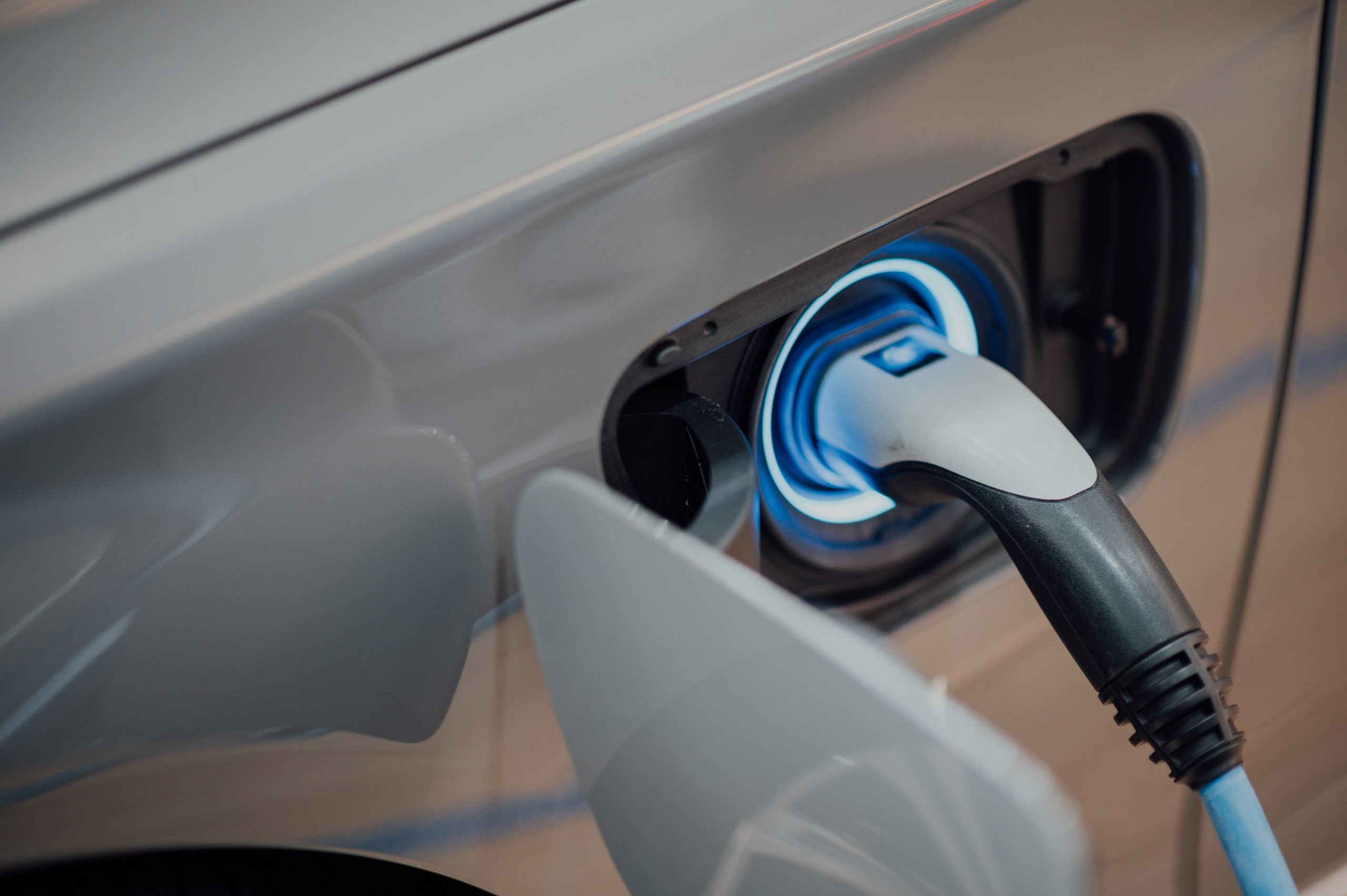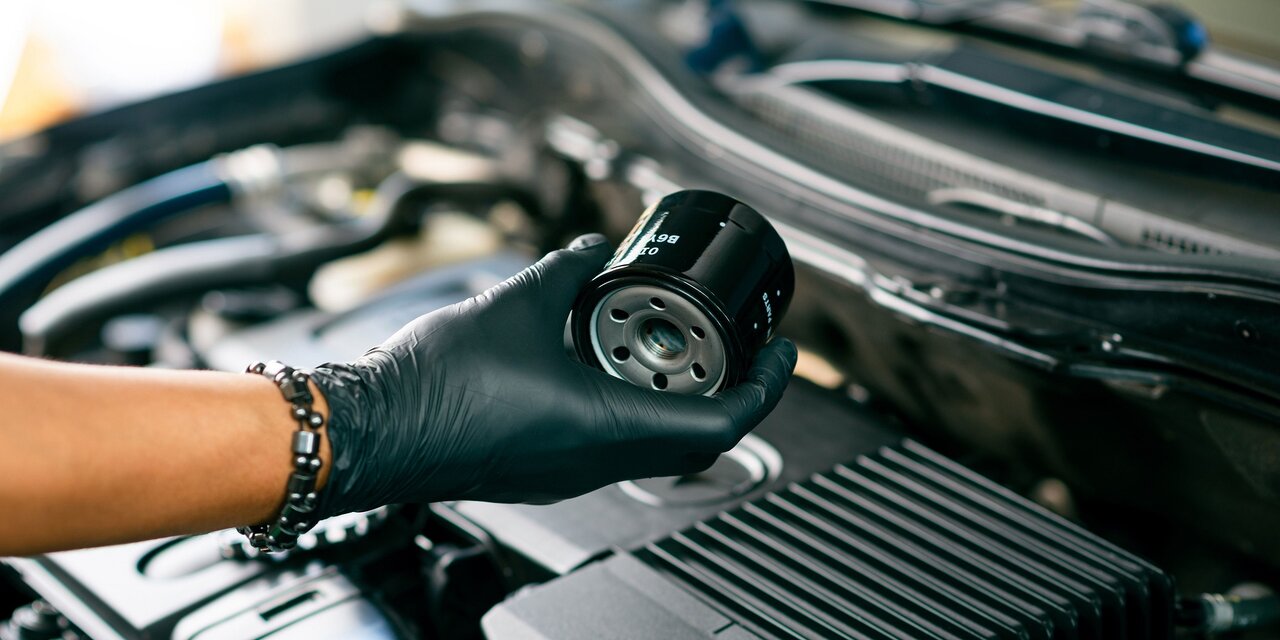Do Electric Cars Require Oil Changes

Introduction
Do Electric Cars Require Oil Changes: As the automotive industry shifts towards more sustainable and eco-friendly transportation options, electric cars have emerged as a prominent alternative to traditional gasoline-powered vehicles. One common question among prospective electric car owners is whether these vehicles require oil changes like their combustion engine counterparts. Unlike internal combustion engine vehicles, electric cars do not rely on oil for propulsion, leading many to believe that they do not need oil changes. However, the answer to this question is not as straightforward as it may seem. In this discussion, we will delve into the maintenance requirements of electric cars and explore whether oil changes are necessary for their operation.
Electric cars are powered by electric motors that use electricity stored in batteries to drive the wheels. Unlike internal combustion engines, electric motors do not require oil for lubrication or cooling purposes. Therefore, in terms of lubrication, electric cars do not need traditional oil changes. However, while electric cars may not have oil changes in the same sense as conventional vehicles, they still require maintenance to ensure optimal performance and longevity.
Do electric cars need engine maintenance?
The battery, motor, and associated electronics require little to no regular maintenance. There are fewer fluids, such as engine oil, that require regular maintenance. Brake wear is significantly reduced due to regenerative braking. There are far fewer moving parts relative to a conventional fuel engine. Electric cars differ from traditional gasoline-powered vehicles in that they do not have internal combustion engines.
Instead, they are powered by electric motors, which have far fewer moving parts and require less maintenance. As a result, electric cars generally do not require the same type of engine maintenance as traditional vehicles. There is no need for regular oil changes, spark plug replacements, or air filter changes, which are common maintenance tasks for internal combustion engines. However, electric cars still have components that require periodic inspection and maintenance, such as the battery system, brakes, tires, and suspension.
Overall, while electric cars may have lower maintenance needs compared to gasoline-powered vehicles, they still require regular upkeep to ensure optimal performance and longevity. Moreover, electric motors typically have fewer parts than internal combustion engines, leading to reduced maintenance needs. However, it’s crucial to remember that electric cars still have other components that require attention, such as tires, suspension systems, and battery packs. Routine checks and maintenance are necessary to ensure optimal performance and safety.
How often do electric cars need oil changes?
Electric vehicles don’t have internal combustion engines, which means they lack many of the moving parts that require lubrication via motor oil. Therefore, electric cars do not need traditional oil changes. Although EVs don’t need engine oil changes, they are not entirely maintenance free.
Electric cars do not have internal combustion engines, so they do not require traditional oil changes like gasoline-powered vehicles. In fact, electric cars do not use any type of lubricating oil for their propulsion systems. Instead, they use electric motors powered by batteries or fuel cells to drive the wheels. As a result, electric car owners can enjoy savings on oil changes and other related maintenance costs.
However, it’s essential to note that electric cars still have other maintenance needs, such as brake inspections, tire rotations, and periodic battery checks, which should be performed according to the manufacturer’s recommendations to ensure optimal performance and safety. However, EV owners should regularly monitor their vehicles’ other fluids, such as coolant for battery thermal management systems. While these fluids don’t require frequent changes, they should be inspected periodically to maintain proper levels and functionality.
Do electric cars need lubricating oil?
Unlike gas-powered and hybrid cars, electric vehicles do not need engine oil. Electric engines generate much less friction than the other types of engines. Electric cars do not use lubricating oil in the same way that traditional gasoline-powered vehicles do. Instead of relying on an internal combustion engine with numerous moving parts that require lubrication, electric cars are powered by electric motors, which have far fewer moving parts and do not require oil for lubrication.
However, some electric cars may still have components that require lubrication, such as bearings, gears, and axles. In these cases, specialized lubricants may be used, but they are typically not consumed or replaced as frequently as engine oil in traditional vehicles. Overall, while electric cars have lower maintenance needs compared to gasoline-powered vehicles, it’s still essential for owners to follow the manufacturer’s recommendations for lubrication and other maintenance tasks to ensure the longevity and reliability of their electric vehicles.
However, the frequency of lubrication and the type of lubricant used may differ from those in traditional vehicles. Electric car manufacturers provide specific guidelines for lubrication requirements, ensuring optimal performance and longevity while minimizing maintenance needs.
Do electric cars have transmission fluid?
If you drive an EV, you can officially say goodbye to oil changes, as electric cars do not use oil. They do, however, require brake fluid, coolant, and transmission fluid changes. Electric cars typically do not have traditional transmissions like those found in gasoline-powered vehicles. Instead, they use single-speed or multi-speed transmissions that are specifically designed for electric motors.
These transmissions do not require the same type of fluid as traditional transmissions, such as transmission fluid or gear oil. Instead, they may use specialized lubricants or cooling fluids to ensure smooth operation and optimal performance. Additionally, some electric cars may use regenerative braking systems that capture energy during braking and feed it back into the battery, reducing the need for mechanical braking and the associated wear on brake pads and fluids.
Overall, while electric cars may have different transmission systems than gasoline-powered vehicles, they still require periodic maintenance and fluid checks to ensure proper function and longevity. However, some electric vehicles may have specialized cooling systems or lubricants for their transmissions, albeit on a much simpler scale compared to traditional vehicles. Regular inspection and maintenance of these components are essential to ensure smooth operation and longevity.
What is the lifespan of an electric car?
According to current industry expectations, EV batteries are projected to last between 100,000 and 200,000 miles, or about 15 to 20 years. However, even when EV batteries do age, their large initial capacity combined with minor losses in battery capacity means the aging is nearly imperceptible to drivers.
The lifespan of an electric car can vary depending on several factors, including the specific make and model, usage patterns, and maintenance practices. Generally, electric cars are designed to be durable and long-lasting, with many manufacturers offering warranties covering the battery and drivetrain for several years. With proper care and maintenance, an electric car can potentially last well over a decade or more.

One of the key components influencing the lifespan of an electric car is the battery pack. Lithium-ion batteries, which are commonly used in electric vehicles, degrade over time due to factors such as charging and discharging cycles, temperature fluctuations, and overall usage. However, advancements in battery technology and management systems have led to improvements in battery longevity and durability.
What kind of oil do electric cars use?
The short answer is no. Electric cars do not need motor oil as they don’t have the conventional internal combustion engine with all the moving parts. Plug-in hybrids (and hybrids) still require traditional maintenance as they still employ an ICE in combination with an electric motor to increase efficiency.
Unlike traditional internal combustion engine vehicles, electric cars do not require engine oil for lubrication or cooling purposes. Electric cars use electric motors powered by batteries to propel the vehicle, eliminating the need for many of the fluids and lubricants used in conventional cars.
Instead of engine oil, electric cars may still require lubrication for certain components such as bearings, gears, and moving parts in the drivetrain and suspension systems. However, the type of lubricant used in electric cars may differ from traditional engine oil. For example, some electric cars may use specialized lubricants designed specifically for electric drivetrains to ensure optimal performance and longevity.
Do electric cars have power steering fluid?
Do Electric Cars Have Power Steering Fluid? No. EVs have an electric power steering system that uses a motor rather than a hydraulic pump. Conventional power steering systems are powered by an internal combustion engine. Electric cars typically do not use hydraulic power steering systems like traditional internal combustion engine vehicles.
Instead, many electric cars use electric power steering (EPS) systems, which rely on electric motors and sensors to assist with steering. Unlike hydraulic power steering systems, which use power steering fluid to transmit hydraulic pressure to assist with steering, electric power steering systems do not require power steering fluid.
Instead, the electric motor provides the necessary assistance to the steering system, making it more efficient and environmentally friendly. Electric power steering systems offer several advantages over traditional hydraulic systems, including improved fuel efficiency, reduced maintenance requirements, and enhanced responsiveness.
How many batteries are in an electric car?
Electric-Car Battery Guide, But the batteries in EVs aren’t a huge version of that single cell. Instead, they’re made up of hundreds, if not thousands, of individual cells, usually grouped together into modules. Up to several dozen modules can reside within a battery pack, which is the complete EV battery.
The number of batteries in an electric car varies depending on the make and model of the vehicle, as well as the size and capacity of the battery pack. Electric cars typically use lithium-ion batteries, which are composed of individual battery cells grouped together to form a battery pack. The size and capacity of the battery pack can vary widely among electric vehicles, ranging from small compact cars to larger SUVs and trucks.

Some electric cars may have a single large battery pack, while others may use multiple smaller battery packs distributed throughout the vehicle to optimize weight distribution and performance. In addition to the main battery pack, electric cars may also include auxiliary batteries to power other onboard systems such as lights, accessories, and the vehicle’s computer systems. These auxiliary batteries are typically smaller and have a different purpose than the main battery pack used to power the electric motor.
Conclusion
Electric cars do not require oil changes in the traditional sense, as they do not have internal combustion engines that rely on lubricating oil. However, this does not mean that electric cars are maintenance-free. Owners still need to perform regular maintenance tasks such as brake inspections, tire rotations, and battery checks to keep their electric vehicles in top condition. While the absence of oil changes may simplify maintenance for electric car owners, it is essential to follow the manufacturer’s recommendations and schedule routine servicing to ensure the continued efficiency and reliability of these eco-friendly vehicles.





